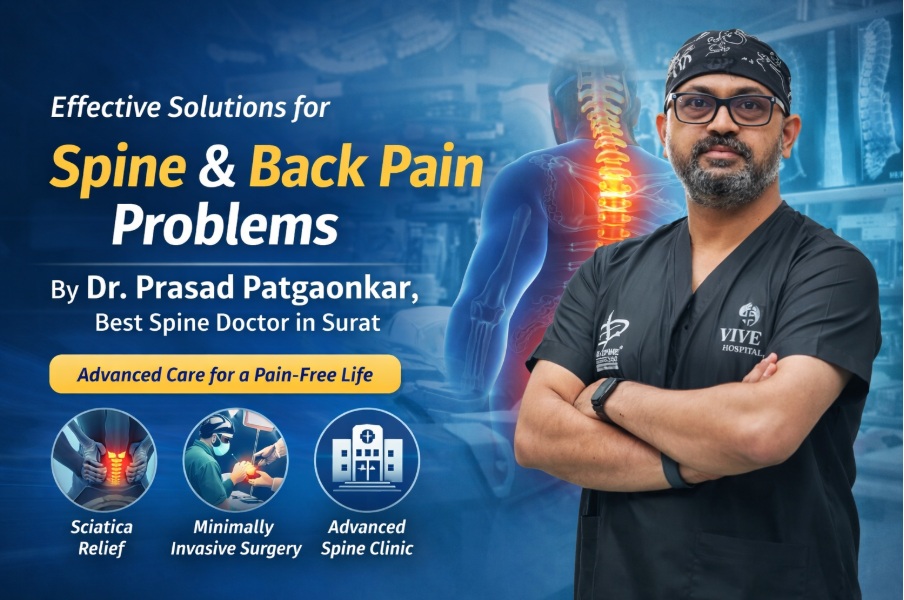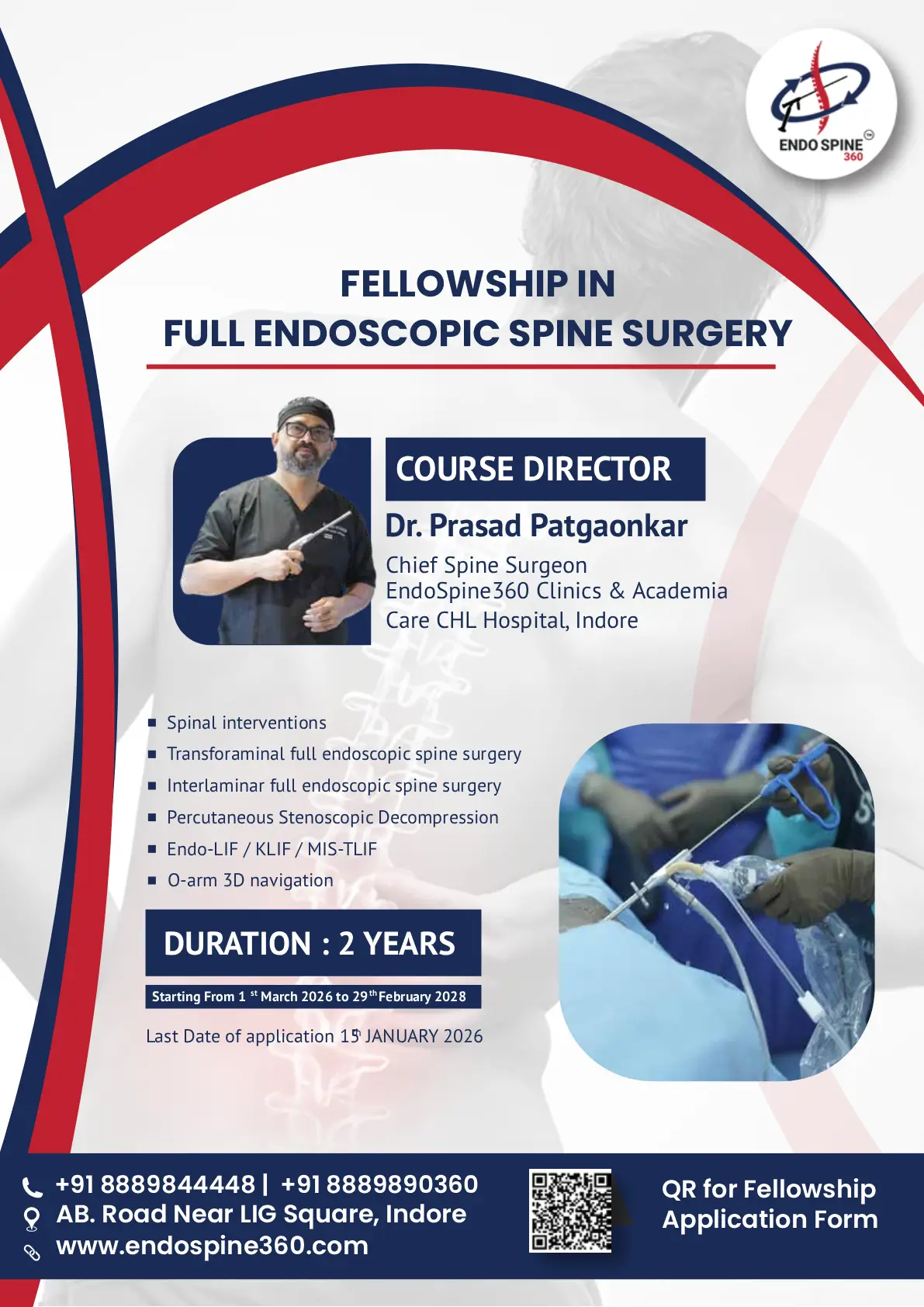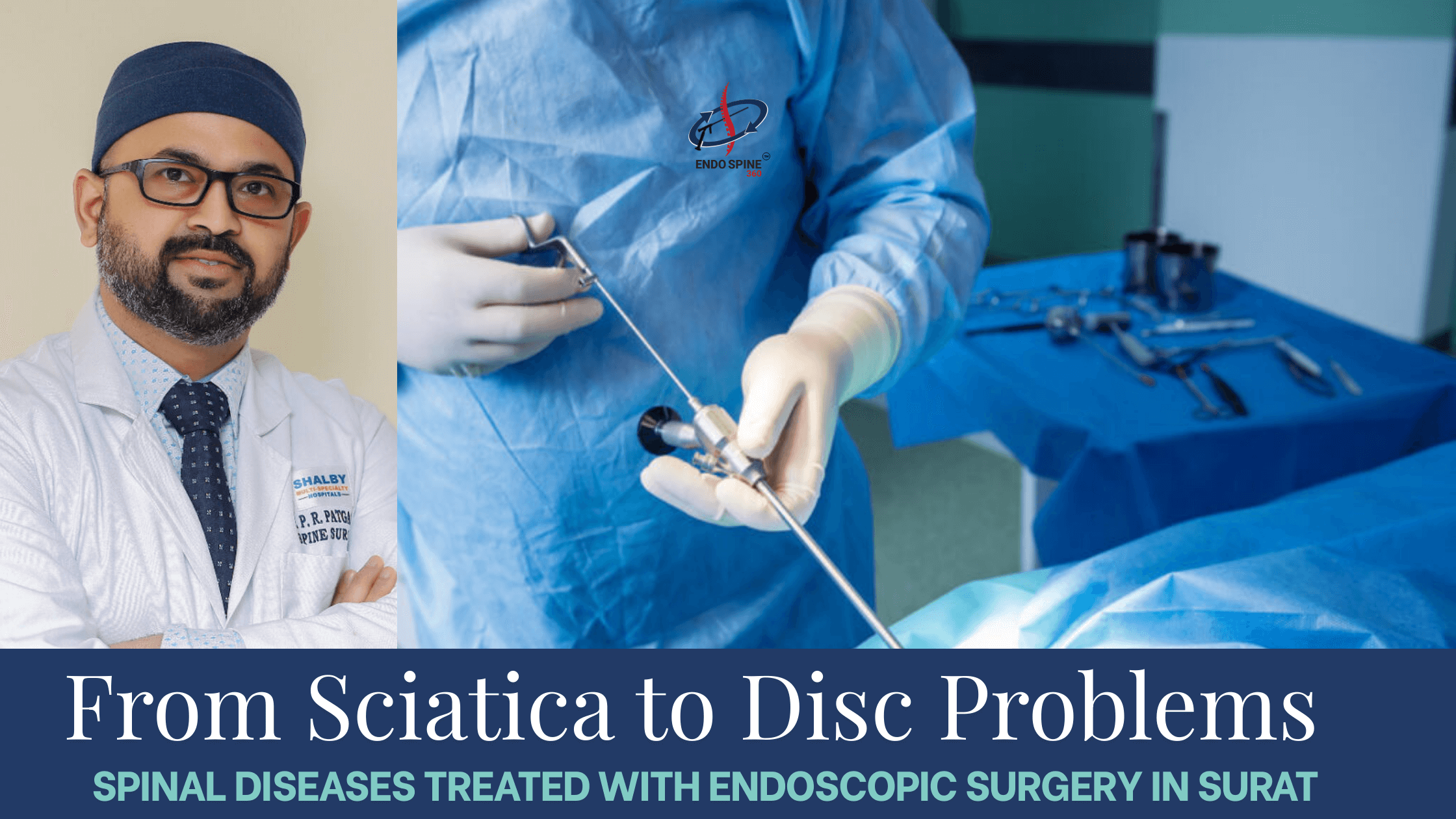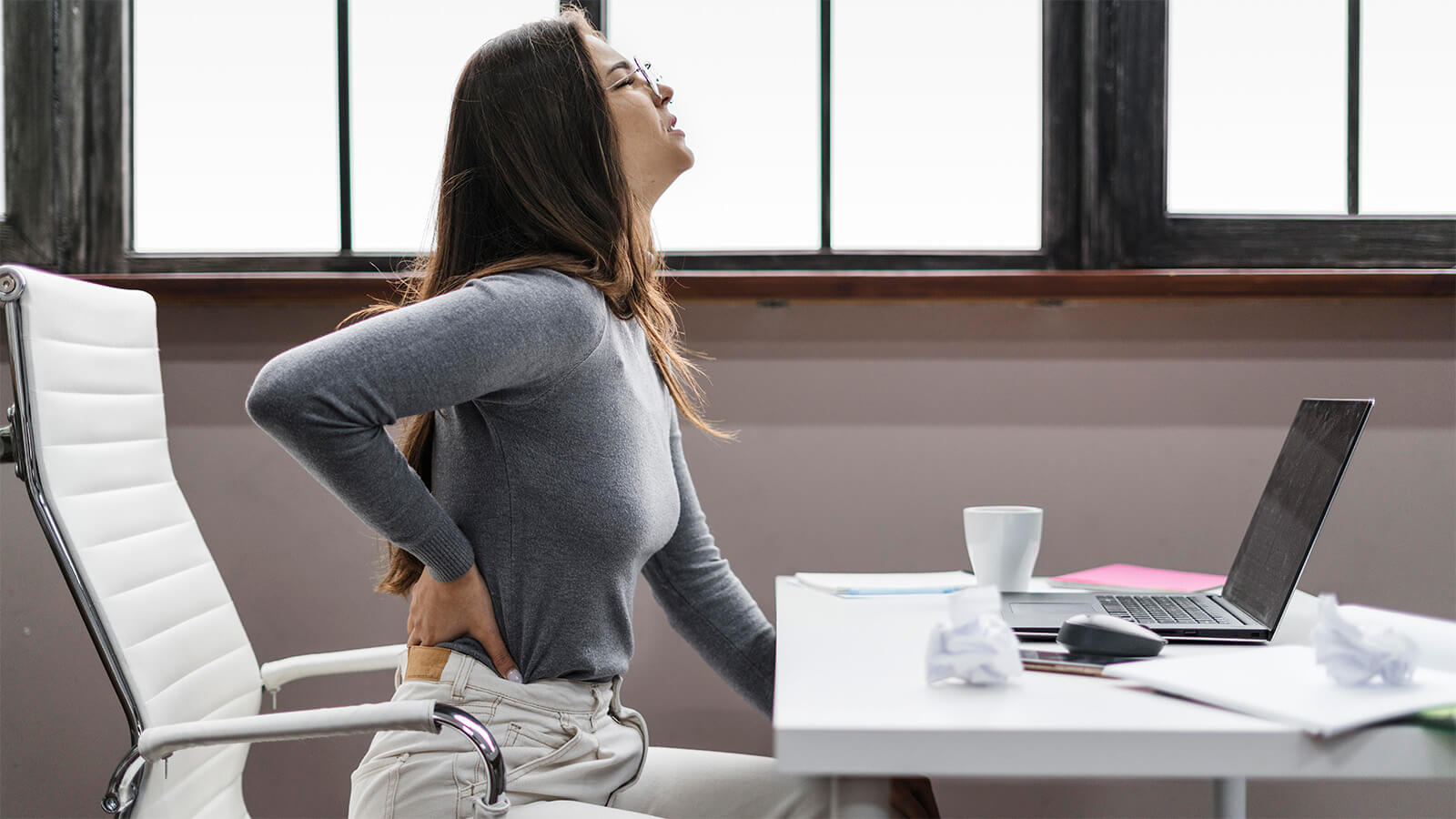6 Causes of Lower Back and Hip Pain
- Admin
Experiencing pain can be distressing, particularly when its origin is unclear. If you find yourself grappling with back and hip pain, these troublesome symptoms often stem from overuse or injury. The challenge lies in the fact that a variety of factors could contribute to this combined discomfort.
Distinguishing between back pain and hip discomfort can be tricky. Given the proximity of the hip joint to the spine, certain health conditions and injuries may impact the nerves in both areas. As a result, the source of your hip and back pain may intersect, adding complexity to the diagnosis and management of these symptoms.
Back pain commonly arises from back injuries or spinal issues, but various everyday activities can also heighten the risk of experiencing discomfort. For instance, waking up after a night's sleep with a sore back or feeling backache after extended periods of sitting at your computer are common scenarios.
Despite the seemingly mild nature of these activities, they can exert pressure and strain on the back, potentially leading to persistent or chronic back pain. These routine activities might be contributing factors to your lower back pain or exacerbating existing discomfort. Recognizing and addressing these everyday stressors can be essential in managing and preventing back pain. Let's explore six potential reasons why you may be experiencing this combined pain:
1. Herniated Disc
Also known as a slipped or ruptured disc, this condition occurs when the cushioning discs protecting your vertebrae slip out of place. The displaced disc can put pressure on nearby nerves, causing tingling or burning pain that may extend from the lower back to the hips or legs.
2. Pinched Nerve
Pressure on nerves in the spine or other areas of the body can result in a pinched nerve, leading to discomfort or shooting pain. If you're experiencing aching back and hips, it could be due to a pinched nerve in the back, spine, or hip.
3. Muscle Strain or Sprain
Sprains and strains are common culprits when it comes to pain in the back and hip region. Whether it's lifting a heavy object, a sports injury, a fall, or an awkward twist, these incidents can result in torn ligaments (sprains) or overstressed muscles and tendons (strains).
4. Arthritis
Arthritis, an inflammatory condition affecting joints, can lead to the breakdown of cartilage in the spine, particularly in osteoarthritis. Without protective cushioning, spinal bones may rub together, exerting pressure on nerves and impacting the lower back and hips.
5. Tight Hip Flexors
For those spending extended hours sitting each day, tight hip flexors could be contributing to both back and hip pain. Responsible for a wide range of leg and hip movements, overly tight or stiff hip flexors can lead to discomfort.
6. Sacroiliac Joint Dysfunction
The sacroiliac (SI) joint, connecting the lower spine to the pelvis, absorbs shock between the upper body and legs. Strain, injury, or improper movement of the SI joint can result in radiating hip and back pain, emphasizing the role this joint plays in overall discomfort.
Back pain comes in two main forms: acute and chronic. Acute back pain typically arises suddenly, provoking a sharp, intense sensation, and typically resolves within two to three months. On the flip side, chronic back pain tends to persist for more extended periods, surpassing the six-month mark.
The good news is that a significant number of back pain cases see improvement within a few days or weeks without formal treatment. If your back pain is mild or short-lived, a visit to the physician may not be necessary. However, if you're grappling with severe, intense, or debilitating pain, seeking professional medical advice is advisable. Immediate medical attention is crucial if you experience intense pain following an accident or injury.
For those facing persistent or intense back pain, particularly during rest, reaching out to your doctor is recommended. Additional red flags to consult your doctor include radiating pain down the lower back or legs and feelings of weakness, numbness, or tingling, particularly below the knee. Prioritizing timely medical attention is essential for a comprehensive evaluation and appropriate management of back pain symptoms.
To gain further insights into diagnosis and treatment options, feel free to request a consultation at Endospine360. You can reach out to us directly by calling +91-8889890360 to schedule your appointment. We are here to assist you on your journey to better spinal health.
Search
Categories
Popular Tags
Recent Post
-
Consult the top spine surgeon for safe and effective spine treatment

Spine problems such as chronic back pain, neck stiffness, slipped disc...
Read more -
Effective solutions for spine and back pain problems by the best spine doctor in surat

Back pain and spine-related disorders have become increasingly common ...
Read more -
Full endoscopic fellowship 2026

Fellowship in full endoscopic spine surgery under Dr. Prasad Patgaonka...
Read more -
From sciatica to disc problems: spinal diseases treated with endoscopic surgery in surat

Spine pain can quietly affect every part of your life—from walking and...
Read more



